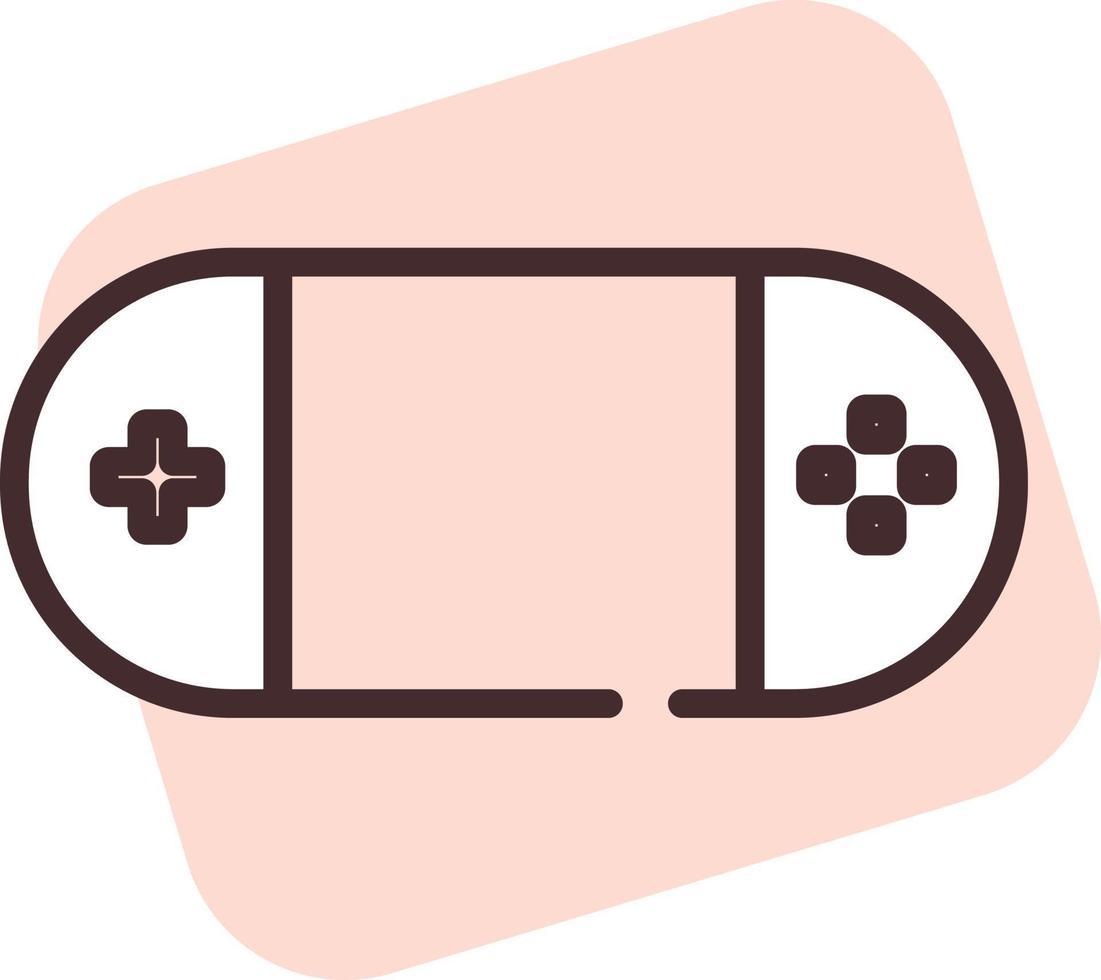-
Web sayfası bildirimcisi
- EXPLORE
-
Blogs
-
 FAQ
FAQ
Why Classic Urdu Name Meanings Remain Relevant in Modern Times

In today’s fast-changing world, parents are often drawn toward modern, trendy, and globally recognizable names. Yet, despite the shift toward contemporary choices, classic Urdu names continue to thrive. Their endurance reflects not just cultural loyalty but also the timeless values and meanings they hold. By understanding Name Meanings in Urdu, we uncover why traditional names remain as relevant today as they were in centuries past.
The Power of Timeless Meanings
Classic Urdu names are more than just beautiful words; they are embodiments of virtues and aspirations. Names like Sana (praise), Imran (prosperity), and Ayesha (living, prosperous) hold meanings that never lose relevance, no matter how much the world changes. Parents still desire qualities such as kindness, strength, success, and beauty for their children. The enduring universality of Name Meanings in Urdu makes these names continuously appealing.
A Deep Connection to Faith and Identity
Religion plays a central role in why traditional Urdu names persist. Many names are drawn from Islamic history and carry profound spiritual significance. Names like Muhammad (praised), Fatima (captivating), and Bilal (chosen, beloved) are revered across Muslim communities. Choosing such names connects individuals to faith, reinforcing their religious and cultural identity. This connection ensures that Name Meanings in Urdu tied to religion remain as cherished today as they were in earlier generations.
The Influence of Literature and Poetry
Urdu literature and poetry have historically shaped naming traditions, and their influence continues even in the digital age. Names like Parveen (star), Shahbaz (royal falcon), or Gulshan (garden) are deeply poetic, evoking imagery and emotions that remain meaningful across centuries. Parents often choose such names to reflect beauty, artistry, and cultural richness. By exploring Name Meanings in Urdu, we can see how these literary roots give classic names an enduring relevance.
Balancing Modernity with Tradition
While globalization has introduced many modern names like Ryan or Emma, classic Urdu names still hold their ground. Parents today often seek names that are unique yet meaningful, global yet rooted in tradition. For example, names like Zoya (alive, loving), Rayyan (gates of paradise), and Hina (fragrance) manage to strike this balance. Their classic appeal and simple pronunciation make them suitable in both local and global contexts. This adaptability proves why Name Meanings in Urdu continue to matter in modern times.
Cultural Continuity Through Names
Names are carriers of culture. When parents choose a name like Shahnaz (pride of the king) or Khalid (eternal), they are not only choosing for their child but also ensuring the continuation of their cultural identity. These names preserve a connection to ancestors, traditions, and values, helping families stay rooted in their heritage. The continued use of these names highlights how Name Meanings in Urdu safeguard cultural continuity in an ever-evolving world.
Emotional and Generational Value
Classic Urdu names often hold personal significance within families. A child may be named after a beloved grandparent, carrying forward their memory and blessings. For example, names like Abdul Karim (servant of the Generous) or Rubina (precious stone) are not only meaningful linguistically but also emotionally. This generational passing of names ensures that Name Meanings in Urdu remain part of family stories, traditions, and emotional bonds.
Timeless Qualities in Classic Names
Classic names endure because their meanings represent timeless human qualities. Consider:
-
Shireen (sweet, kind-hearted) — a quality always valued.
-
Dilawar (bravehearted) — reflecting courage that is admired across eras.
-
Nargis (flower) — symbolizing natural beauty and charm.
-
Feroz (successful, prosperous) — a quality parents still desire for their children.
These qualities ensure that classic names never go out of style. Through Name Meanings in Urdu, we see that these values remain as relevant in modern times as they were in the past.
Why They Stand the Test of Time
Modern naming trends may come and go, but classic Urdu names endure because they carry depth, beauty, and universal values. They are not just temporary labels but meaningful symbols of identity, faith, and culture. This depth ensures that, regardless of the age, traditional names will always be appreciated and respected.
Conclusion
Classic Urdu names are more than a cultural preference; they are living testaments of history, faith, and values. In an age where everything changes rapidly, they provide stability and continuity. By understanding Name Meanings in Urdu, we realize why these names remain relevant in modern times — they embody timeless virtues, preserve heritage, and carry emotional depth. Whether rooted in religion, poetry, or family tradition, classic Urdu names will continue to shine as symbols of cultural pride and identity for generations to come.
- Art
- Causes
- Crafts
- Dance
- Drinks
- Film
- Fitness
- Food
- Oyunlar
- Gardening
- Health
- Home
- Literature
- Music
- Networking
- Other
- Party
- Religion
- Shopping
- Sports
- Theater
- Wellness
